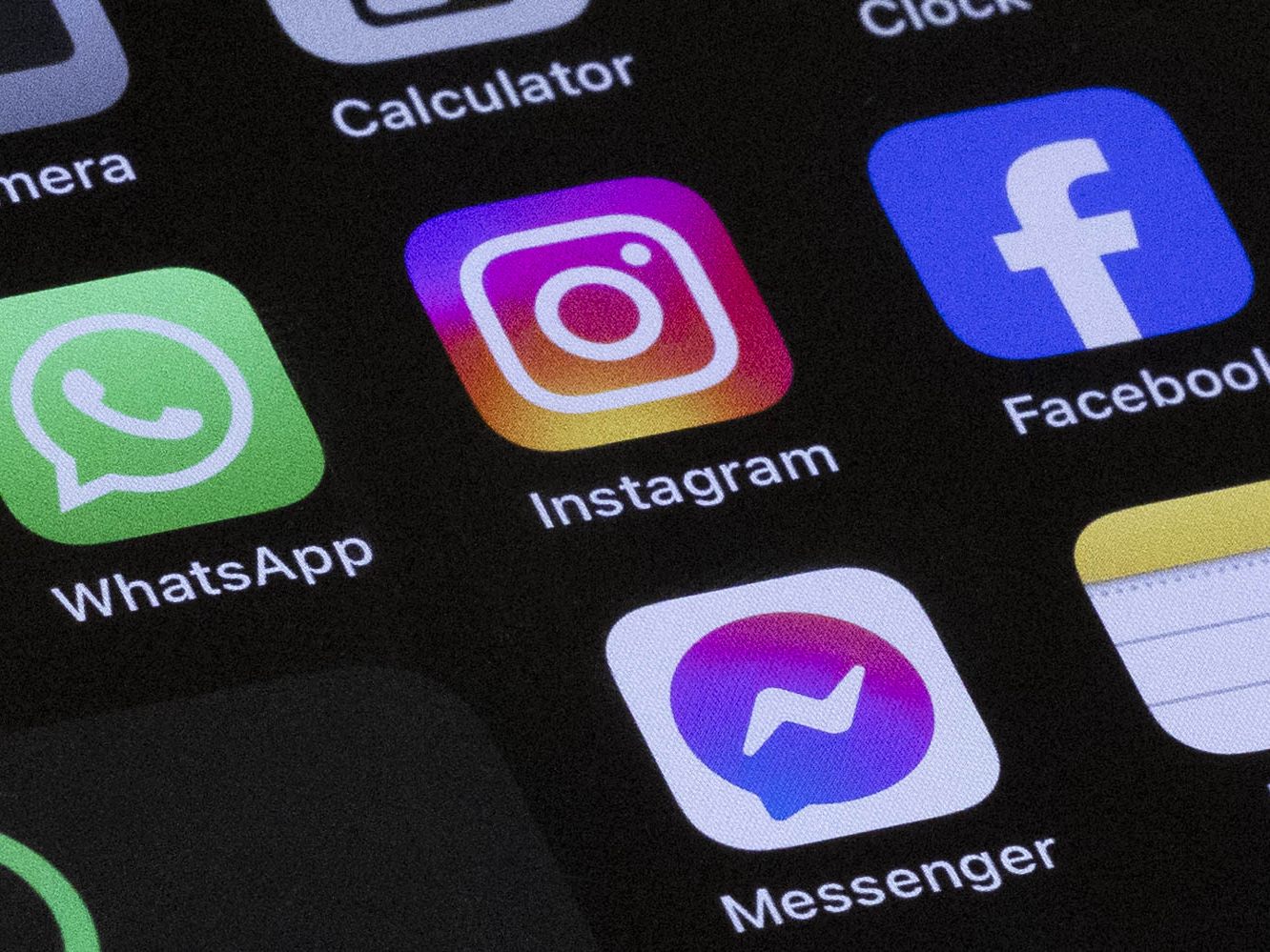Social Media Posts Help: Viennese Researchers Confirm Positive Effect on Suicidal Thoughts

It is known that media contributions, in which affected individuals talk about overcoming their suicidal crisis, have a preventive effect on people in a similar situation. This phenomenon, known as the "Papageno effect," has recently been demonstrated by Viennese researchers for social media posts, as they report in the journal "Social Science & Medicine." Vulnerable individuals showed reduced suicidal thoughts and an increased intention to seek help.
Viennese Researchers Criticize: Study of Negative Effects of Social Media Prevails
This effect, which is essentially the counterpart to copycat suicides as a result of sensationalist reporting on suicides of prominent individuals ("Werther effect"), has so far been proven for traditional media such as daily newspapers, but also music or suicide prevention websites, said communication scientist Florian Arendt from the University of Vienna to the APA.
In contrast, the study of the possible negative effects of social media currently prevails. Together with Thomas Niederkrotenthaler and Benedikt Till from the Medical University of Vienna, Arendt therefore posed the question of whether the already known preventive findings would also apply to social media influencers on Instagram and similar platforms - especially since the stories shared there are often shorter and specifically targeted at a younger audience.
Study by the University of Vienna Confirms: Positive Effect of Social Media Posts on Individuals with Suicidal Thoughts
For the experiment, the researchers emulated posts from the real existing Instagram account of Kevin Hines about hope and successful crisis management. The author, speaker, and documentary filmmaker Hines is himself a survivor of a suicide attempt. The posts were shown to a portion of the 354 participants, while a control group was shown visually similar posts that had nothing to do with the topic.
Before and after, suicidality and the willingness to seek help in the event of a crisis were assessed using questionnaires. The result: Especially among vulnerable individuals, those who had already shown increased suicidal thoughts beforehand, a positive effect of the posts about hope and crisis management could be observed. Accordingly, their suicidal thoughts decreased and their intention to seek help increased. This finding underscores the assumption that social media influencers can also positively contribute to suicide prevention, according to Arendt.
Less Werther, More Papageno: Young People Are Particularly at Risk of Suicide
This is particularly relevant because suicide, in relative numbers, is one of the leading causes of death among young people, and influencers are popular in this segment of society, Arendt continued. The insights could also motivate other individuals with their own experience of overcoming such a crisis to share their story and possibly help others.
"From the perspective of suicide prevention, it is certainly desirable, given the results, that as many Papageno narratives as possible are spread - especially where many young people are active in the media," said Arendt. Therefore, it should also be discussed how social media could be considered in national programs for suicide prevention or in formats like the Papageno Media Award, which is awarded in Austria for suicide-preventive reporting in traditional formats.
(APA/Red)
This article has been automatically translated, read the original article here.





